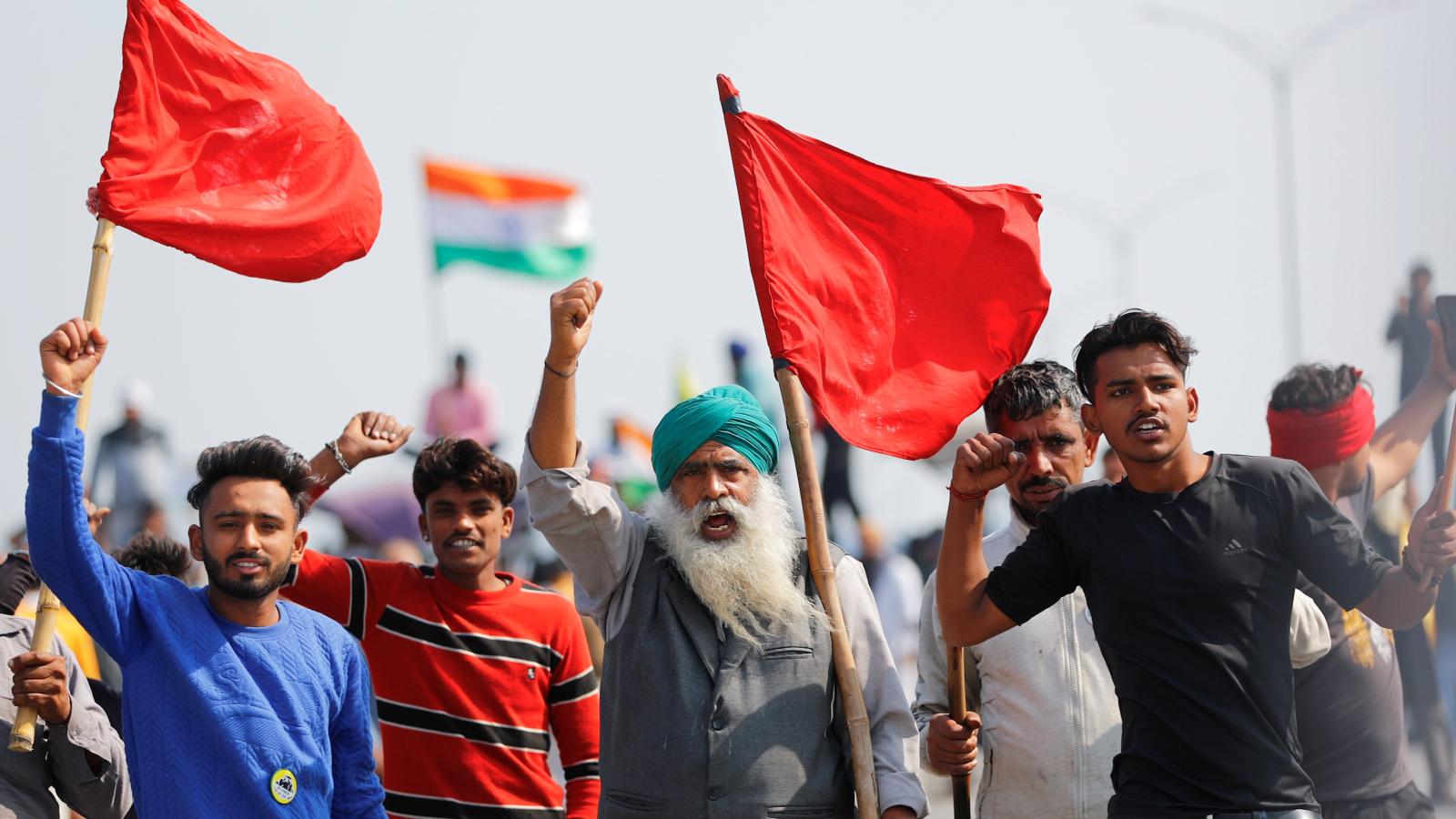11 JUL,2021 | MEDC

*Photo Credit: Google
 EMERGING ISSUES IN AEROSPACE INDUSTRY: AN INDIAN PERSPECTIVE
EMERGING ISSUES IN AEROSPACE INDUSTRY: AN INDIAN PERSPECTIVE
 Tourism and its contribution to the Economy
Tourism and its contribution to the Economy
 De-coding skills-based pro-bono
De-coding skills-based pro-bono
 Food Inflation in India: An Assessment
Food Inflation in India: An Assessment